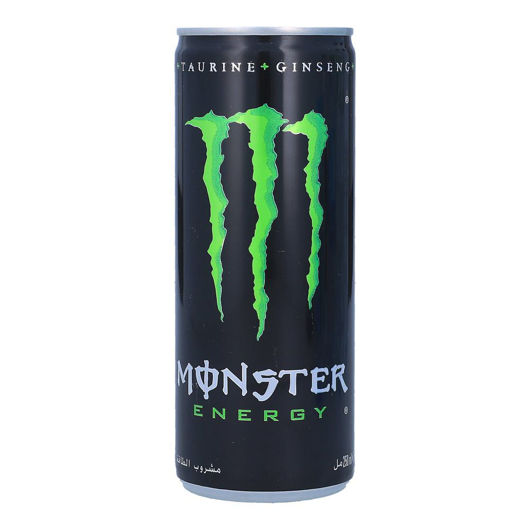
Taurine levels decrease with aging, according to research.

Taurine as a nootropic supplement may be beneficial.

If you've ever dealt with anxiety or depression, you're well aware of the toll it takes on your ability to study, work, or enjoy life in general. Taurine may be beneficial for those who are suffering from anxiety or depression.Taurine helps the brain in a number of ways. What is the function of taurine in the brain? It also supports the inhibitory GABA system.įor long-term memory development, taurine is required for lowering inflammation in the brain, boosting the birth of new neurons, and protecting your brain from stroke-related damage. They verified that people with the greatest amounts of taurine in their systems lived the longest using data from a WHO research that included 61 groups in 25 nations.Ī powerful nootropic, taurine helps defend against Alzheimer's disease-causing beta-amyloid proteins, shield the body from environmental pollutants, and prevent mitochondrial malfunction. Scientists in Japan were interested to see whether the advantages of taurine in animal research translated to human health. We're learning more and more about taurine and how important it is to our health as time goes on.

Instead, it offers a slew of additional advantages, all of which we'll go over in further detail below. Second, unlike other amino acids, taurine's acid group is sulfonic acid rather than a carboxylic acid.Īs a result of its unique structure, taurine isn't employed by your body or brain to synthesize proteins. Taurine's structure differs significantly from that of other important amino acids in two ways.Īn alpha-carbon instead of a beta-carbon joins taurine's amino group. Possible explanation: when people age, their bodies, and brains run out of the precursors needed to make taurine. Many vegans and vegetarians are in danger of taurine insufficiency since it is only available in animal-based meals. A bull or an ox is what it's called in Latin, thus the name. Germany's Friedrich Tiedemann and Leopold Gmelin were the first to discover taurine in ox bile in 1827 and the first to extract it. Seafood, meat, poultry, and eggs provide the remainder of your daily need for taurine, as does red meat. Taurine is classified as a "conditional" amino acid since your body can produce some of this amino acid. The enzyme cysteine sulfenic acid decarboxylase turns methionine and cysteine into taurine in your body (CSD). Absent of the drawbacks.Ī lot of your body is made up of taurine (2-aminoethane-sulfonic acid), which is a common amino acid. However, avoiding the sugar-laden energy drink is a better choice.Īlong with a cup of coffee or green tea, take a taurine supplement as well. Red Bull is a popular energy drink among everyone, from competitive athletes to soccer moms who are just trying to get through the day.

Caffeine concentration in energy drinks, which may range from 75 mg to 400 mg per can, is a problem that is often overlooked by the media. Because taurine is a prominent element, many people believe taurine to be the culprit.Īs it turns out, including taurine into your nootropic stack is completely risk-free. Taurine is found in every part of your brain, including your retina.įor the most part, people have heard of taurine since it's a common component of infamous energy beverages like Red Bull and Rock Star.Įvery now and then, there will be a report of someone dying suddenly or having a seizure after eating just three or four cans of an energy drink. In your brain, spinal cord, eyes, and practically every tissue in your body, taurine (2-aminoethane-sulfonic acid) is one of the most common amino acids. When it comes to health benefits, taurine is an anti-anxiety supplement that also helps you sleep better and reduces the effects of chronic tiredness.


 0 kommentar(er)
0 kommentar(er)
